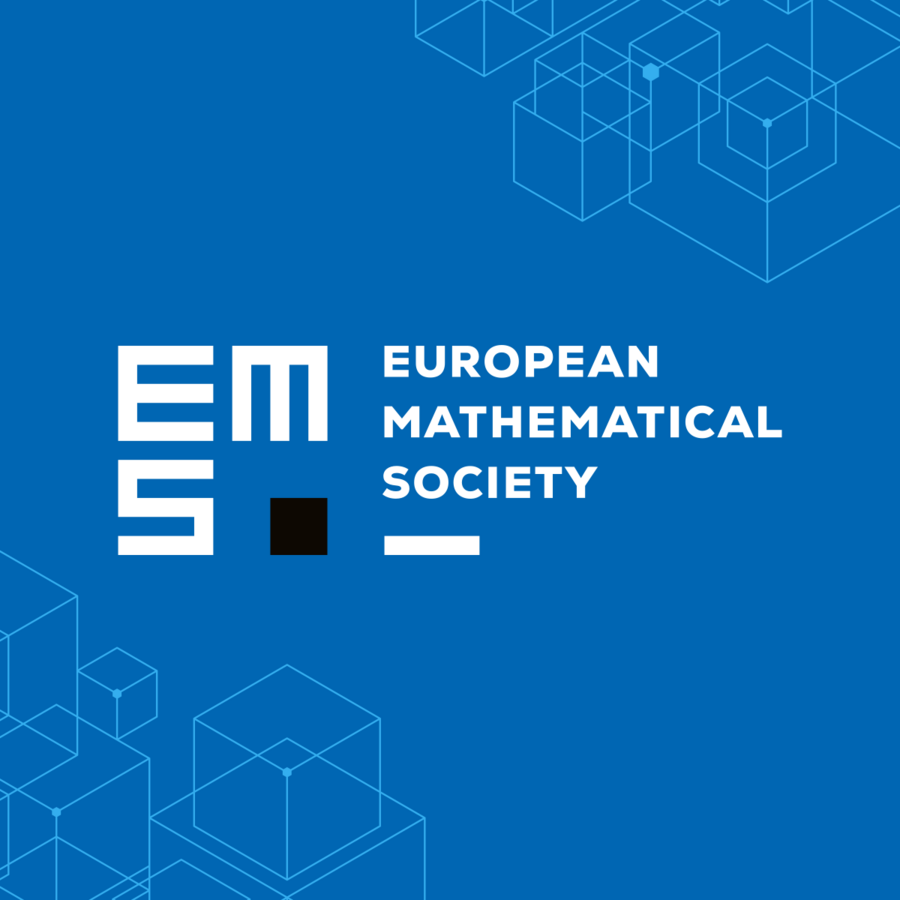EMS launches Topical Activity Group (TAG) on port-Hamiltonian systems

The framework of dissipative and port-Hamiltonian (pH) systems constitutes an innovative energy-based network modeling paradigm that offers a systematic approach for the modeling of interactions of systems from various physical domains, such as electrodynamics, (continuum) mechanics, flow dynamics, chemical reaction kinetics, and thermodynamics.
The pH paradigm establishes a system-theoretic shift from siloed discipline-oriented research to problem-oriented interdisciplinary research. It is based on differential-geometric concepts like Dirac structures and Lagrangian subspaces, as well as (partial) differential equations with constraints and symmetries. A deep understanding of this system class requires the involvement of the mathematical disciplines of dynamical systems, (partial) differential equations, operator theory and functional analysis, differential geometry, topology and algebra, control theory and optimization, and numerical analysis, together with other scientific and engineering disciplines.
The goal of this EMS-TAG is to form a European group of experts from disciplines such as, but not limited to, systems and control theory, operator theory, numerical analysis, partial differential equations, differential geometry, and optimization, together with those from engineering and science disciplines whose interaction is needed to foster new ideas and shape further research directions, and to strengthen the European research position in energy based Modeling, Simulation, and Optimization for Science and Engineering.
zuletzt bearbeitet am: 11.12.2023

